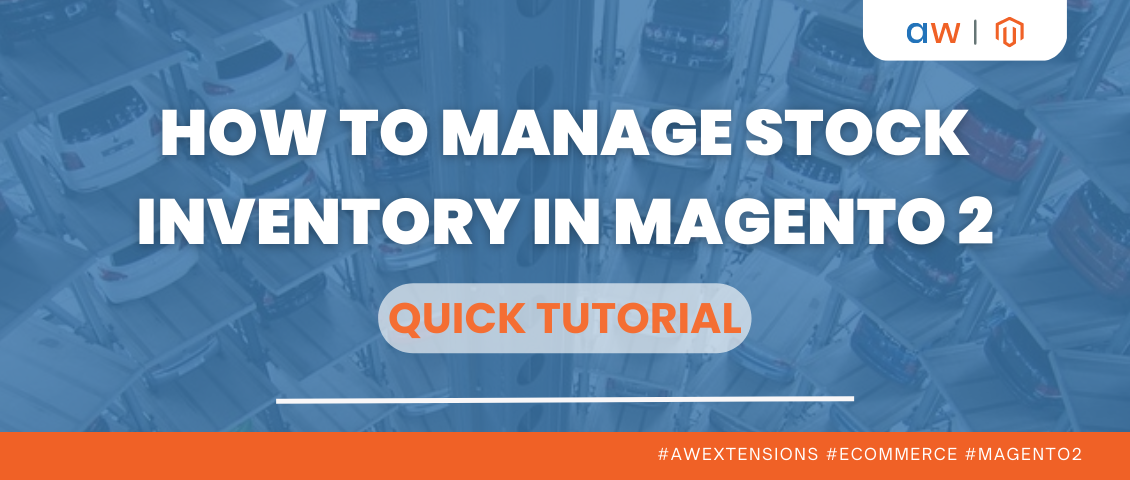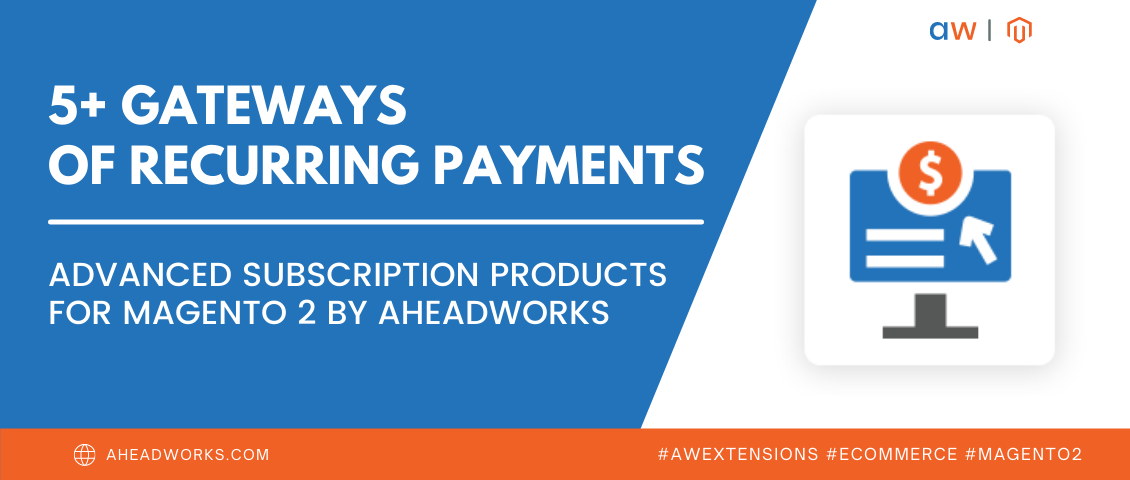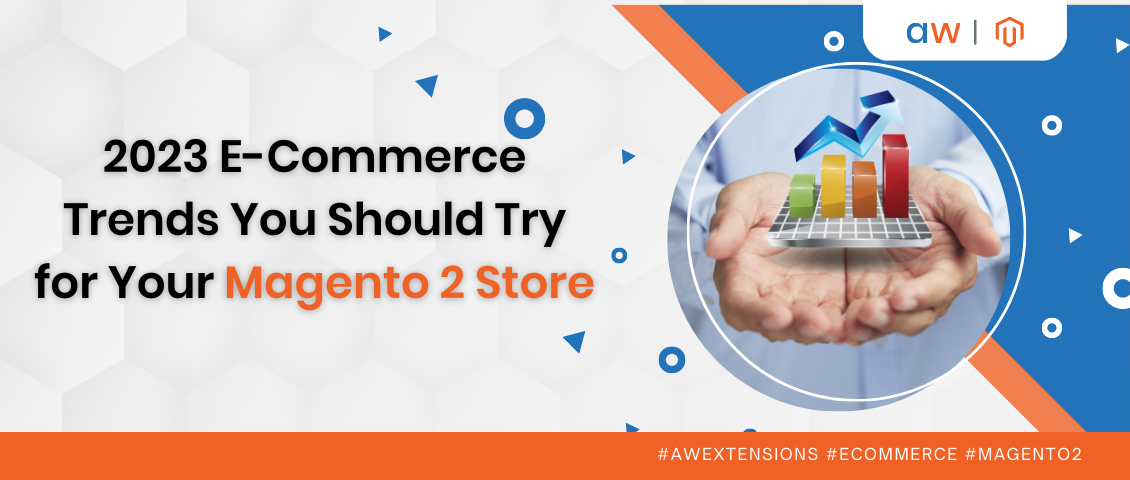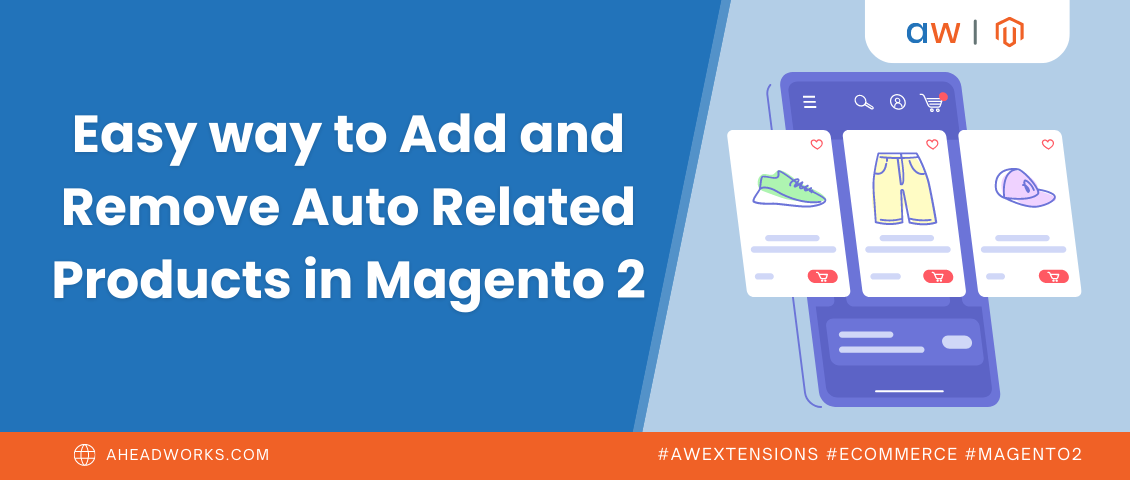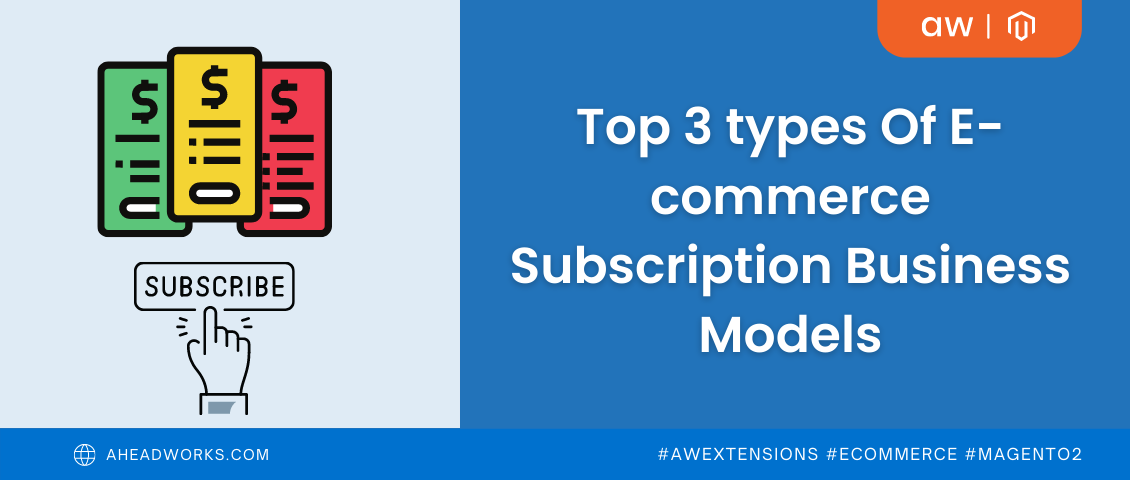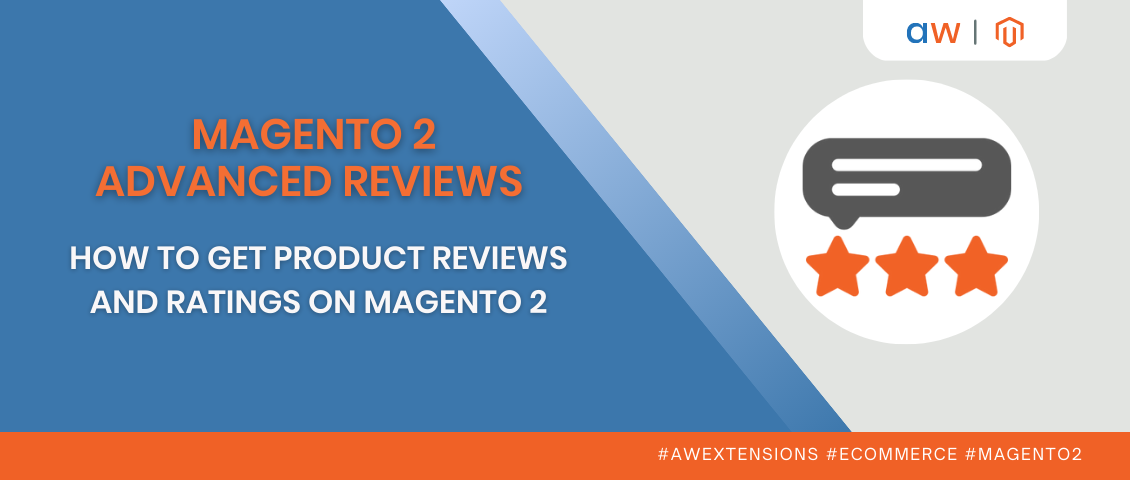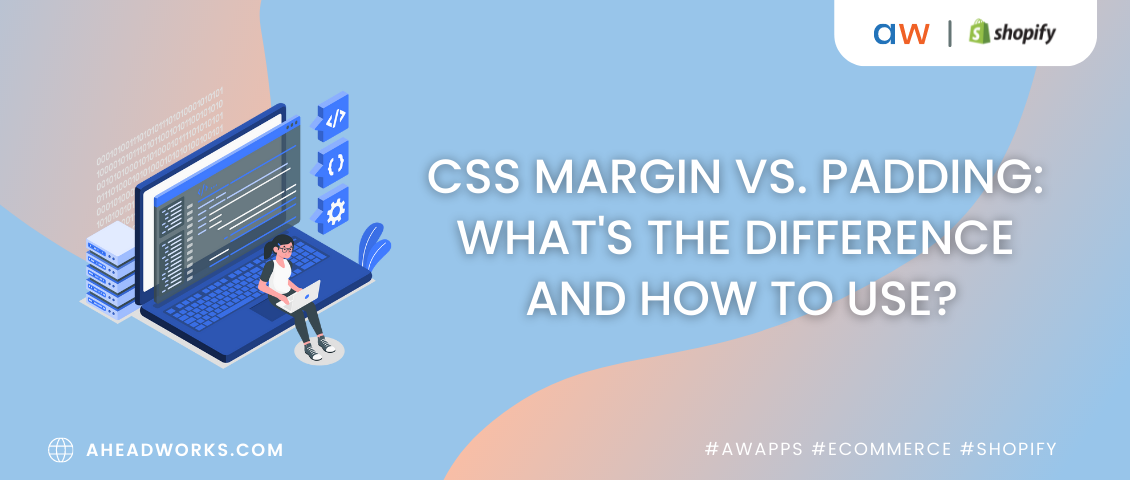Implementing Effective Magento + ERP Integrations
Categorized as : Ecommerce
ERP software is a vast part of the IT software market and grows further constantly.
The sales potential of the ERP software now lies among small and average companies, which increasingly more often use ERP applications in their business practice.
According to Gartner, the ERP software market is mostly divided among 5 companies, which have more than 50% of the market share: SAP, Oracle, Sage, Infor, and Microsoft.
Many of these ERP systems have a modular structure and allow customers to purchase only one or several necessary units. Moreover, most of ERP products are initially designed for small and midsized companies and suitable for the vast majority of Magento stores.
For easy integration with Magento ERP software providers offer dedicated extensions and currently Magento Connect contains more than 20 corresponding connectors.
Still, most often you can cross with Open ERP connectors there. This fact reflects to some extent the popularity of this software among Magento store owners and ease of their mutual integration, but telling the truth, you can integrate you store with any ERP system.
The choice of the ERP solution depends on several factors and requires much time to be made, as the offers are truly multiple.
Conscious striving
For the successful implementation of an ERP system you should be ready to spend a lot of time and efforts. Besides, as this process is very complicated and affects all aspects of any company, it should be directly supported and promoted by the upper management.
Clear requirements
Before starting you should have clear requirements to the future ERP software based on your specific business processes and system demands. The more specific your request is, the more appropriate proposals you will get from ERP vendors.
Understand the total cost
Despite the cost is not a determining factor for your choice, you still should clearly understand the full spending within the ERP project. The cost of the software is not usually the final price since you need also spend on support and customizations, which may constitute a significant amount depending on the price structure of a certain vendor.
Avoid heavy customizations
Try to find the ERP software, which is closely suitable for you without any heavy customizations, as it is not only more expensive, but also very complicated to upgrade.
Control carefully
A successful deployment of an ERP system requires not only a dedicated manager on the vendor’s side, but also an appointed specialist from your staff. This person is going to collect end user requirements, control data transfers, train users, etc.
Train people to work with the ERP system
The new software operation is a very challenging task for your staff, especially when they need to do this without any business process breaches. So, in order to make this process less hurting you should not only train people, but also help them in the field. For the purpose you can use tech-savvy employees from your team, which could help their colleagues.
Reporting and integration
Reporting facilities of the ERP system are very important for each business and each business owner should carefully evaluate their correspondence to his particular needs.
A smooth and full integration with the existing CRM or ecommerce platform is imperative for the new ERP system. You should carefully examine this issue in order to avoid any possible malfunctions in the future.
So, you have several options for integration of Magento with any ERP system.
You can do it yourself. This is the most irrelevant option for any Magento store owner, as if he can do this, than he is likely a Magento developer.
Hire a dedicated developer or a company. Perhaps, the easiest way, which still is rather expensive.
Use provided Magento/ERP connectors or you can purchase an ERP system initially developed for Magento.
The provided connectors are either multiplatform – suitable for several popular ERP systems, or specialized – connects to only certain ones. Despite the variety of the offered products most of them provide similar high-end features:
Although the list of available integration options is discouragingly short, but the benefits of such integration are very promising:
This way, Magento integration into ERP systems is able to bring your business to a new level and make it advanced, stable, and more profitable. Carefully evaluate this opportunity, if you do not use an ERP system yet.
If you have something to add to this post, please share your ideas in comments below.
The sales potential of the ERP software now lies among small and average companies, which increasingly more often use ERP applications in their business practice.
According to Gartner, the ERP software market is mostly divided among 5 companies, which have more than 50% of the market share: SAP, Oracle, Sage, Infor, and Microsoft.
Many of these ERP systems have a modular structure and allow customers to purchase only one or several necessary units. Moreover, most of ERP products are initially designed for small and midsized companies and suitable for the vast majority of Magento stores.
SAP, Oracle, Sage, Infor, and Microsoft own 50%+ of the market share
For easy integration with Magento ERP software providers offer dedicated extensions and currently Magento Connect contains more than 20 corresponding connectors.
Still, most often you can cross with Open ERP connectors there. This fact reflects to some extent the popularity of this software among Magento store owners and ease of their mutual integration, but telling the truth, you can integrate you store with any ERP system.
The choice of the ERP solution depends on several factors and requires much time to be made, as the offers are truly multiple.
Selecting ERP Systems
Conscious striving
For the successful implementation of an ERP system you should be ready to spend a lot of time and efforts. Besides, as this process is very complicated and affects all aspects of any company, it should be directly supported and promoted by the upper management.
Clear requirements
Before starting you should have clear requirements to the future ERP software based on your specific business processes and system demands. The more specific your request is, the more appropriate proposals you will get from ERP vendors.
Understand the total cost
Despite the cost is not a determining factor for your choice, you still should clearly understand the full spending within the ERP project. The cost of the software is not usually the final price since you need also spend on support and customizations, which may constitute a significant amount depending on the price structure of a certain vendor.
SaaS-based ERP revenues are projected to grow to 17% in 2017. Source: Gartner
Avoid heavy customizations
Try to find the ERP software, which is closely suitable for you without any heavy customizations, as it is not only more expensive, but also very complicated to upgrade.
Control carefully
A successful deployment of an ERP system requires not only a dedicated manager on the vendor’s side, but also an appointed specialist from your staff. This person is going to collect end user requirements, control data transfers, train users, etc.
Train people to work with the ERP system
The new software operation is a very challenging task for your staff, especially when they need to do this without any business process breaches. So, in order to make this process less hurting you should not only train people, but also help them in the field. For the purpose you can use tech-savvy employees from your team, which could help their colleagues.
Reporting and integration
Reporting facilities of the ERP system are very important for each business and each business owner should carefully evaluate their correspondence to his particular needs.
A smooth and full integration with the existing CRM or ecommerce platform is imperative for the new ERP system. You should carefully examine this issue in order to avoid any possible malfunctions in the future.
Magento ERP Integration
So, you have several options for integration of Magento with any ERP system.
You can do it yourself. This is the most irrelevant option for any Magento store owner, as if he can do this, than he is likely a Magento developer.
SAP retains worldwide market share leadership. Source: Gartner
Hire a dedicated developer or a company. Perhaps, the easiest way, which still is rather expensive.
Use provided Magento/ERP connectors or you can purchase an ERP system initially developed for Magento.
The provided connectors are either multiplatform – suitable for several popular ERP systems, or specialized – connects to only certain ones. Despite the variety of the offered products most of them provide similar high-end features:
- Two-way integration transferring products, customers, orders, etc. data in both directions;
- Multiple web sites/web stores integration;
- Inventory and price updates in real time;
- Support of all types of Magento products;
- Etc.
Although the list of available integration options is discouragingly short, but the benefits of such integration are very promising:
- Easy single point control;
- Duplicate entry and mistakes elimination;
- Data integrity;
- Enhanced productivity;
- Improved communications;
- Improved operational efficiency.
This way, Magento integration into ERP systems is able to bring your business to a new level and make it advanced, stable, and more profitable. Carefully evaluate this opportunity, if you do not use an ERP system yet.
If you have something to add to this post, please share your ideas in comments below.




